
OR
Immigration pact needed to thwart dodgy brokers targeting Nepalis heading to Japan, experts say
Published On: February 8, 2019 04:00 PM NPT By: Agencies

KATHMANDU, Feb 8: As Japan prepares to welcome a wave of new foreign workers, experts are cautioning Nepalis over unethical immigration brokers and urging their government to conclude an agreement with Japan for greater transparency in movements of migrant workers, according to a news story published in Japan Times.
In April, Tokyo will introduce a new program to accept more foreign workers by creating new visa categories and the number of Nepalis wanting to work in Japan is expected to increase as a result.
In Nepal, many experts are expressing concern over cases in which malicious brokers have joined hands with employers in countries accepting Nepali workers, forcing such people into difficult situations.
With job opportunities scarce in Nepal, many people head overseas in search of work. According to a survey by the International Labor Organization, overseas remittances accounted for one-third of Nepal’s gross domestic product in 2015.
A survey by Japan’s Justice Ministry showed that over 85,000 Nepalis were residing in Japan as of June, making up the sixth-largest population of foreign nationals. Of the 85,000, one-third were students.
With international students legally able to work a maximum of 28 hours a week, a Japanese expert on trends among students from overseas said many students come to Japan to work, rather than study.
The expert also suggested many students work as much as 50 hours a week.
Brokers play a huge role in recruiting workers and finding companies willing to accept foreign nationals, and preparing required documents.
Janak Raj Sapkota, a local journalist versed in immigrant labor issues, said there have been many cases of human rights violations linked to “slave labor” involving malignant brokers in other countries that accept many Nepali workers, including Malaysia and Persian Gulf nations.
Some Japanese-language schools have also acted as unethical brokers.
Roshan Bhandari, a counselor who works at Asahi International Consultancy, a Japanese-language school in Kathmandu, said that while his school refuses to send its students to Japan unless they pass the N4 level on the Japanese-Language Proficiency Test, demonstrating that the student is able to understand basic Japanese, some schools in Japan ask that the school send lower-level students.
Sapkota, who said thousands of Nepalis students are working at hotels in Japan, added that some hotel owners have conspired with language schools in both countries and “students are forced to work long hours without sufficient payment.”
Basanta Mahatara Chetri, 24, who works at a mobile phone repair store in the Nepalis capital, says he is thinking of studying in Japan. But Chetri said he has heard that some people have been unable to save money even after working in the country for three or four years as they had to pay large sums to their brokers and pay off debts incurred as a result of travel costs. He said that he does not know whether the school he is considering enrolling in is unethical.
Meanwhile, many experts agree it is difficult to tell whether a broker is malicious.
According to Bhola Nath Guragain, director of the Nepalis Foreign Employment Department’s information section, there are already language schools that claim they have adapted to Japan’s new visa program.
He stressed the need for a transparent agreement between Japan and Nepal to manage the entry and departure of immigrants in order to eliminate any scope for intervention by malicious brokers.
Other experts have also urged the two governments to take action when Japan’s new visa system enters into force.
You May Like This
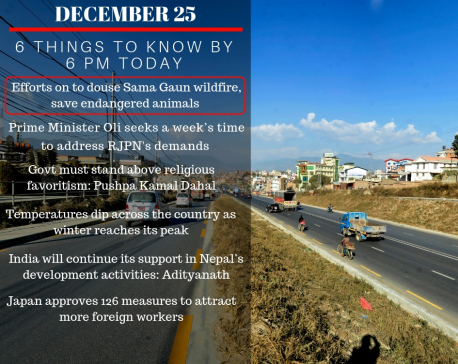
DEC 25: 6 things to know by 6 PM today
Your daily dose of missed important news of the day. ... Read More...
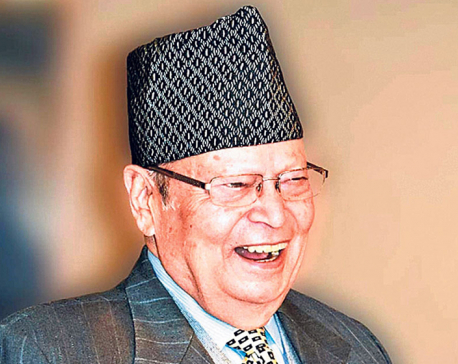
Former Minister Pandey to be conferred with Japan's prestigious Order of the Rising Sun award
KATHMANDU, Nov 3: Former Foreign Minister Ramesh Nath Pandey has been named as one of the foreign recipients of the 2020... Read More...

Small Japan in Nepal
KATHMANDU: Among many restaurants in Thamel, there lies a cozy eatery—Tokyo Izakaya—that serves you traditional Japanese dishes. Tokyo Izakaya also serves... Read More...





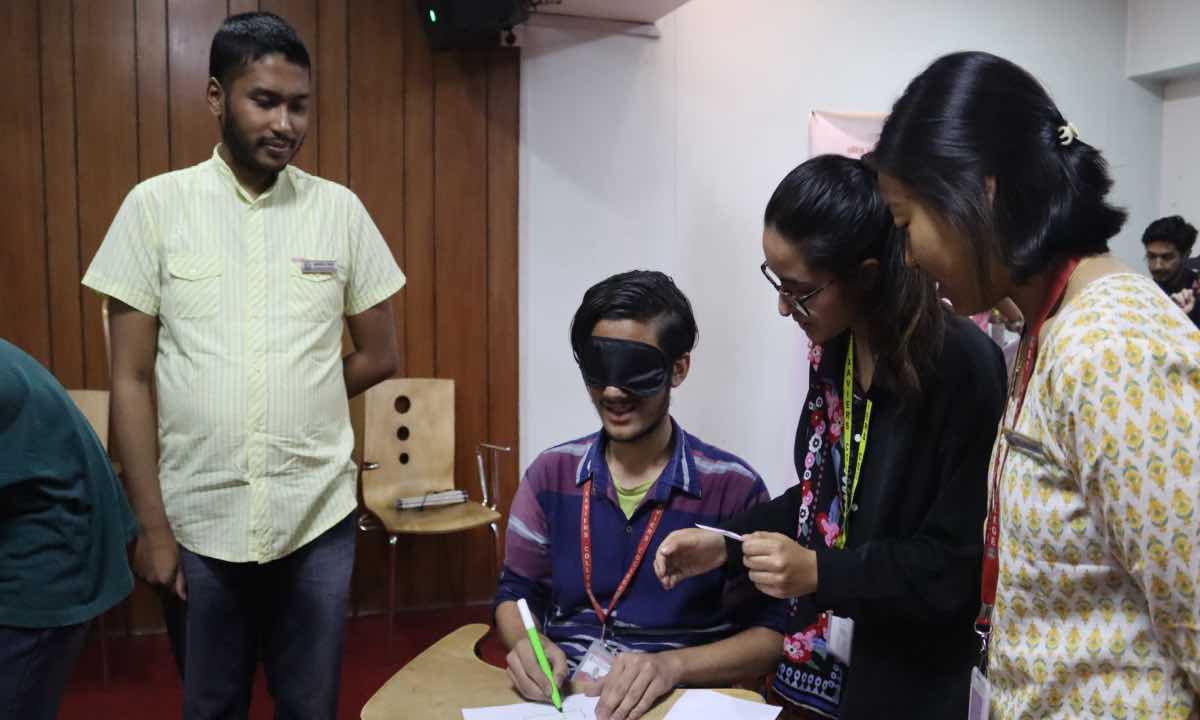
Just In
- Lungeli appointed as Minister for Labor and Transport in Madhesh province govt
- Bus knocks down a pilgrim to death in Chitwan
- One killed in tractor-hit
- Karnali Chief Minister Kandel to seek vote of confidence today
- Chain for Change organizes ‘Project Wings to Dreams’ orientation event for inclusive education
- Gold price decreases by Rs 200 per tola today
- National Development Council meeting underway
- Meeting of Industry, Commerce, Labor and Consumer Welfare Committee being held today








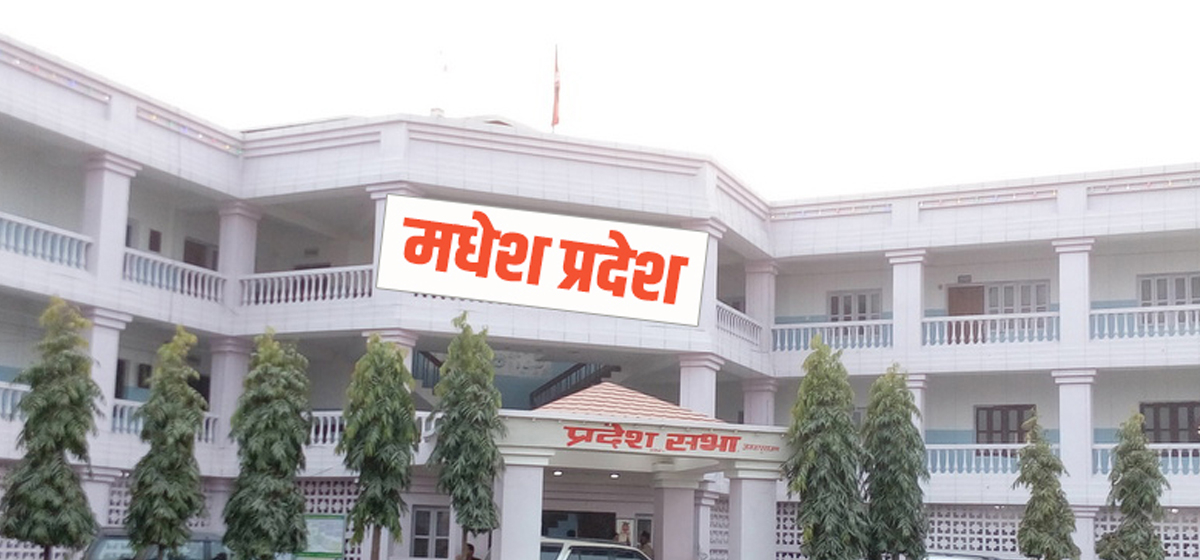


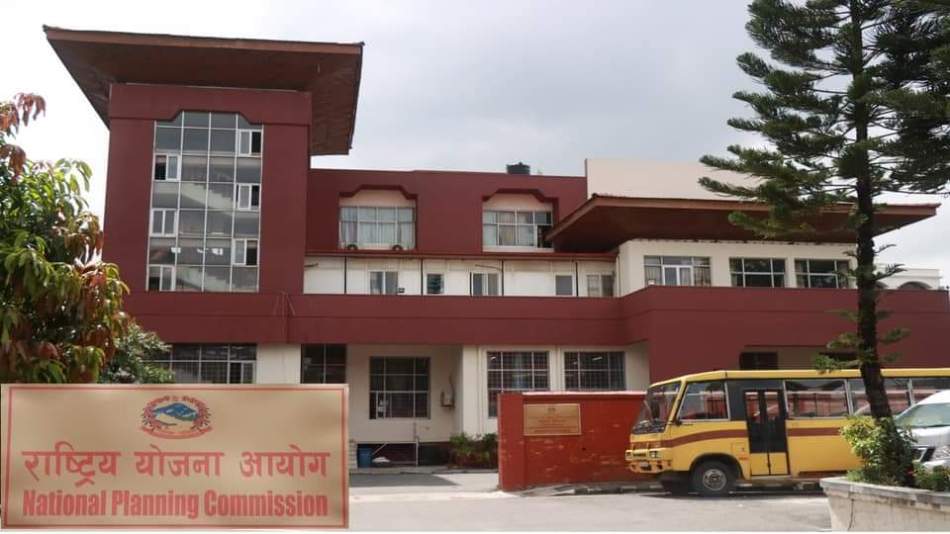

Leave A Comment